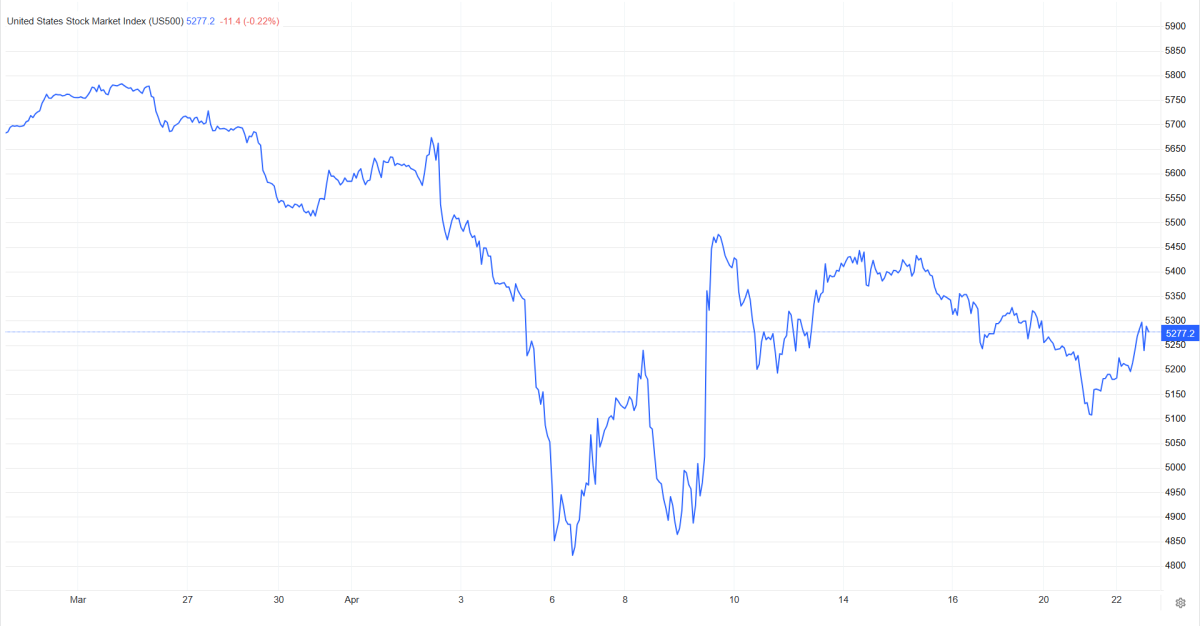Since President Trump’s inauguration, he and his cabinet have implemented many new policies. The most infamous policy that has come out is Trump’s tariff policy, which gives a flat rate to all countries, a 10% tariff except for Canada and Mexico. USMCA-compliant goods will remain tariff-free, while non-USMCA-compliant goods will receive a 25% tariff, and non-USMCA-compliant energy potash will receive a 10% tariff.
From his initiation of these economic policies, countries have initiated their own ways of fighting back against the number of tariffs Trump has implemented. Recently, President Trump has raised the Chinese tariffs to 245% as the Chinese government raised the United States tariffs from 84% to a staggering 125%.
The European Union has also voted to retaliate against Trump’s tariffs on steel and aluminum by imposing its tariffs on the United States. Though the official percentage of the tariffs has not been released, the expected amount that the tariffs will affect is 23.2 billion dollars in exports.
Canada has also decided to impose the US tariffs with their Auto tariff at a 25% rate, imposing a 25% tariff on all American-made vehicles.
Though not all countries have decided to retaliate, over 70 countries have reportedly decided to try and negotiate a trade policy with the United States in hopes of decreasing the tariffs.
The result of this tariff war will be felt by the American people and not in the ways voters would expect. To see how these tariffs will impact citizens, one needs to understand what a tariff does. Although tariffs are charged to the importer who then pays them directly, the money the importer pays causes the prices of the goods to rise, costing the consumer more for that particular good.
People around the world have different opinions on this implementation, but those who are against it see the issue with this is that with the United States charging international companies more and more to send their product overseas, that same company will then raise their prices to get back that lost revenue, directly affecting the common people. And the effect of these can already be seen. As prices for simple things like eggs have skyrocketed since Trump implemented additional tariffs. The coffee many Americans drink in the morning for a pick-me-up will rise as the United States gets 80% of its coffee beans from Latin America. Other grocery items like Cheese, Seafood, fruit, nuts, candy and other internationally imported items we use in our daily lives.
However, another issue caused by his economic policy is the recent stock market crash, which occurred on April 2nd, 2025. This economic downfall across the globe was issued when Trump released all his new plans for worldwide tariffs, which then followed with stocks dropping due to countless people selling their shares, causing businesses to lose investment and economic interest. The biggest concern from this market crash is the risk it puts the American economy into going into another recession, with the now predicted risk being 63%.
Now, what this could potentially mean for the United States is that is could feel effects similar to the Great Recession of 2008, when employment reached 10% and the housing market lost 16 trillion dollars, but also the Covid-19 recession, which saw a major increase in job losses and dropped the global market by 7%.
The market crash could potentially cause a ripple effect throughout the entire economy, affecting jobs, income, housing and consumer rates. Which could send us back 10 years of progress since the last recession. As thousands of Americans could lose their jobs, their income and their ability to support themselves were heavily impacted.
A loss of income can also negatively affect the consumer rates of companies. Due to prices expected to fall, consumers may delay purchases in anticipation of lower prices, which reduces demand and slows economic growth. The result of this can be lower profits for businesses, reduced investments and even job loss. With slower economic activity and consumer spending, the chances for a recession only rise.
How this affects the general population is that many average people put money into the stock market and they could potentially lose a lot. Other people could potentially lose their jobs due to businesses not needing them anymore, due to a lack of demand. It may even be harder to get products that many of us use, as production costs may rise or production costs may be cut as demand lowers. All of these can affect many of our daily lives, whether it comes from financial issues, convenience issues, or other issues that may arise.




































